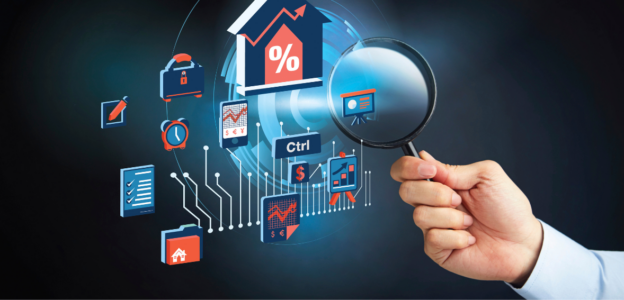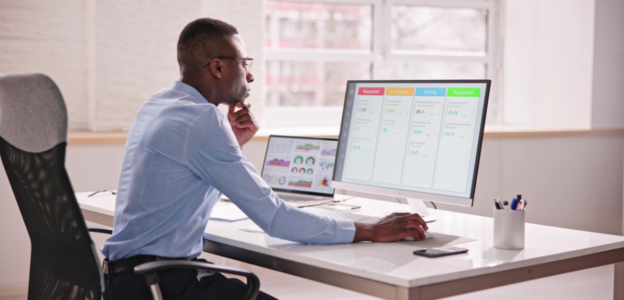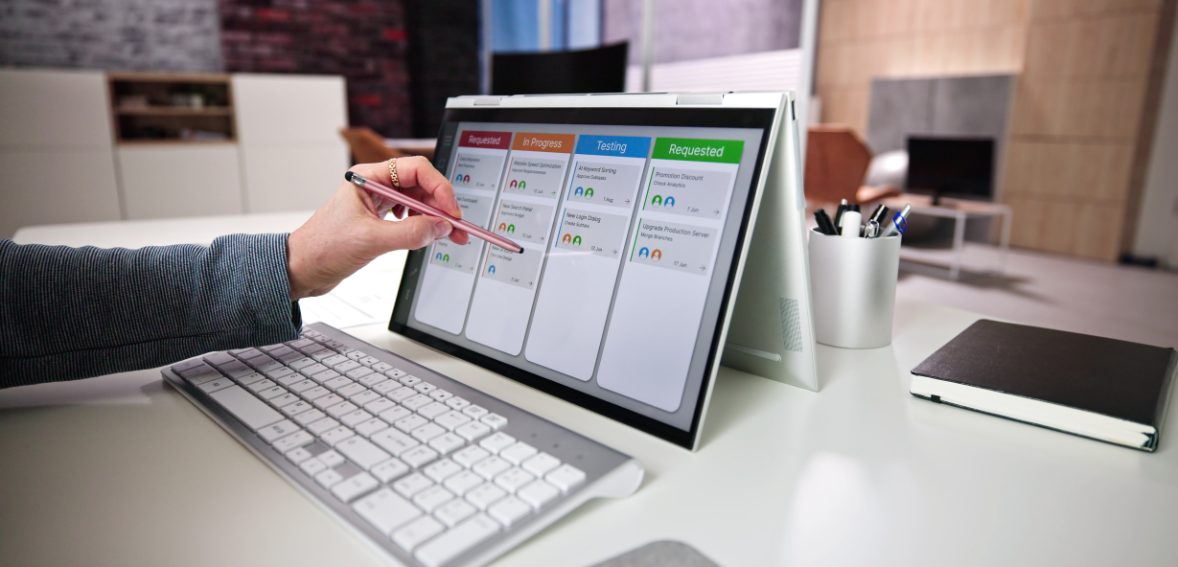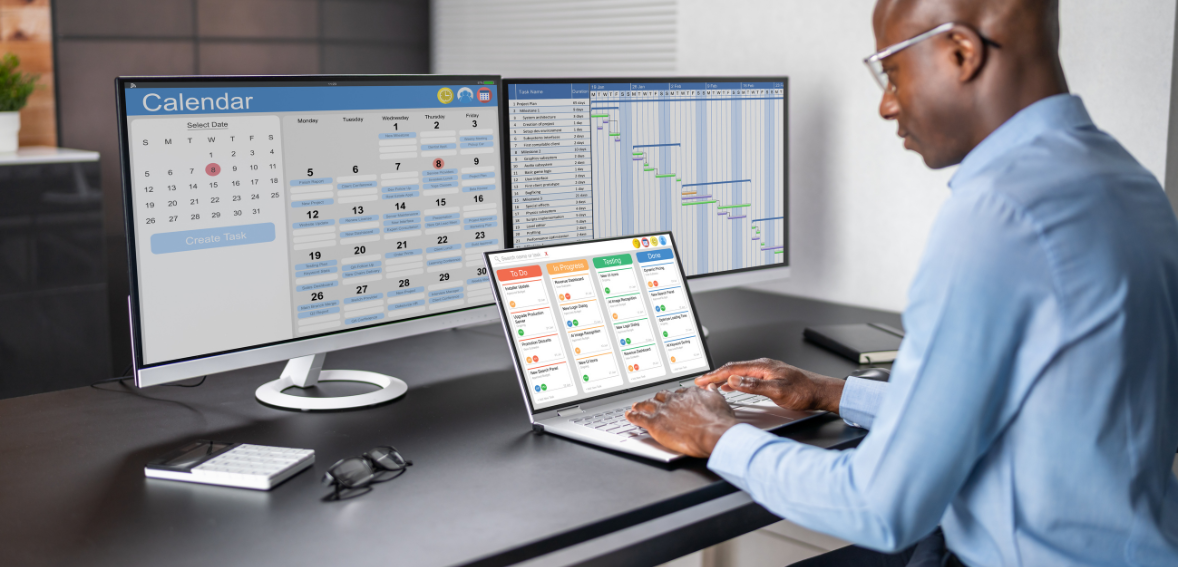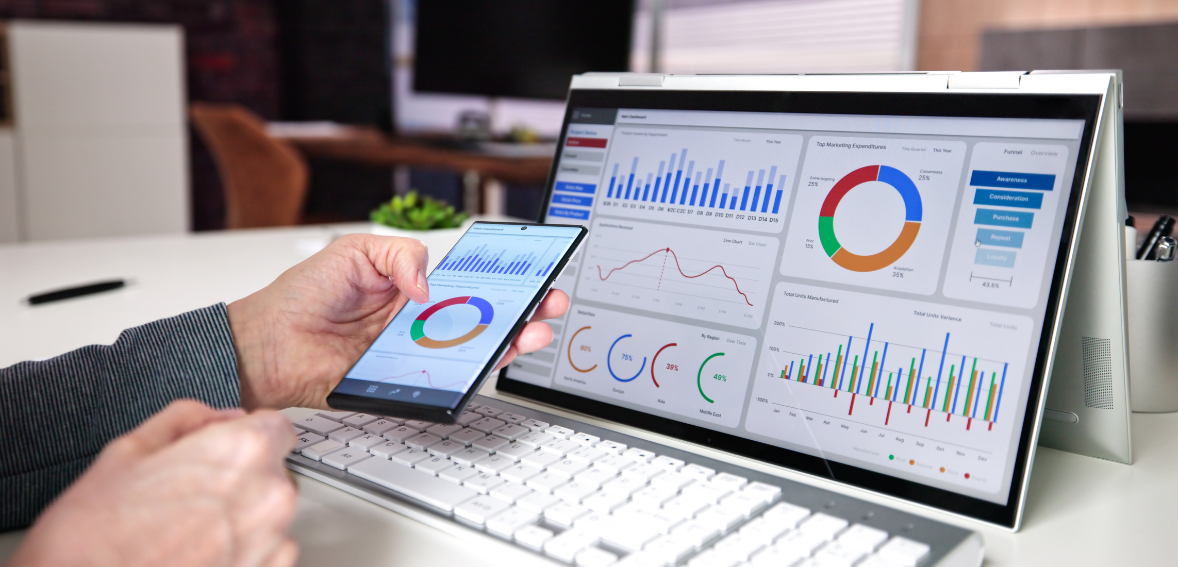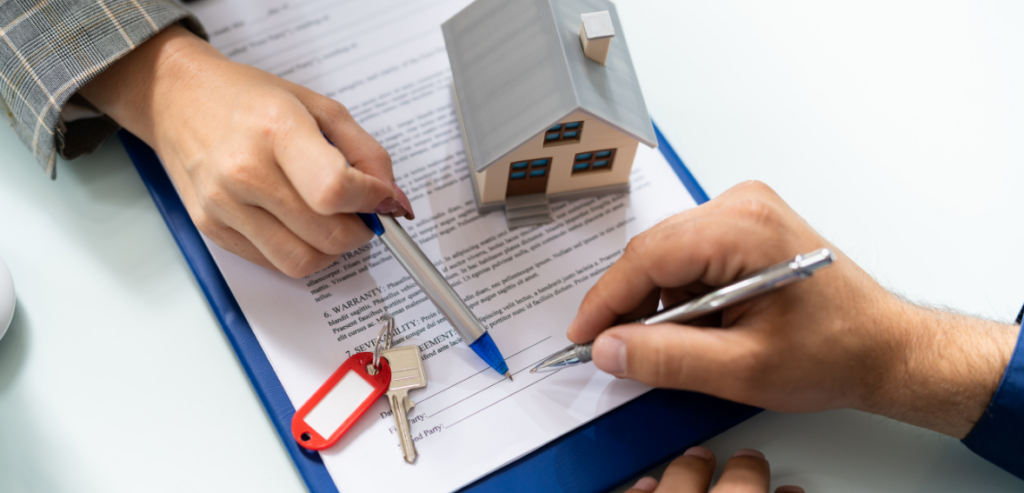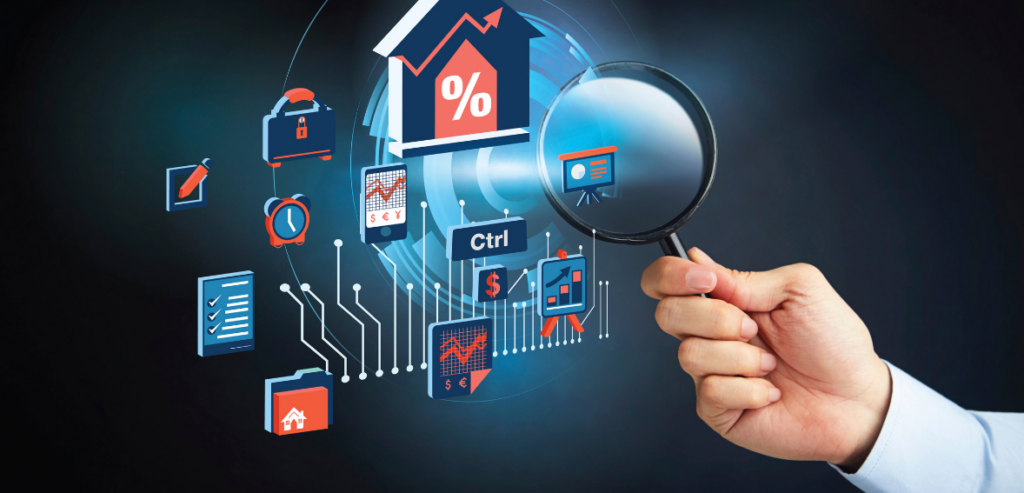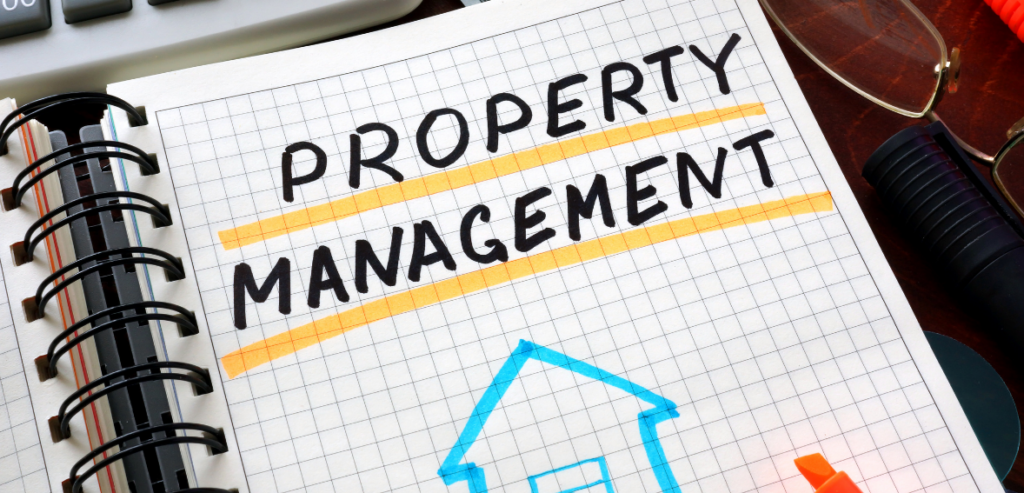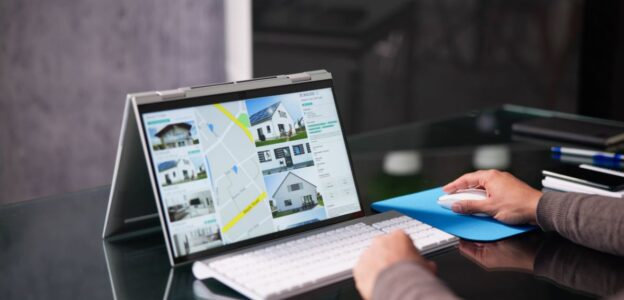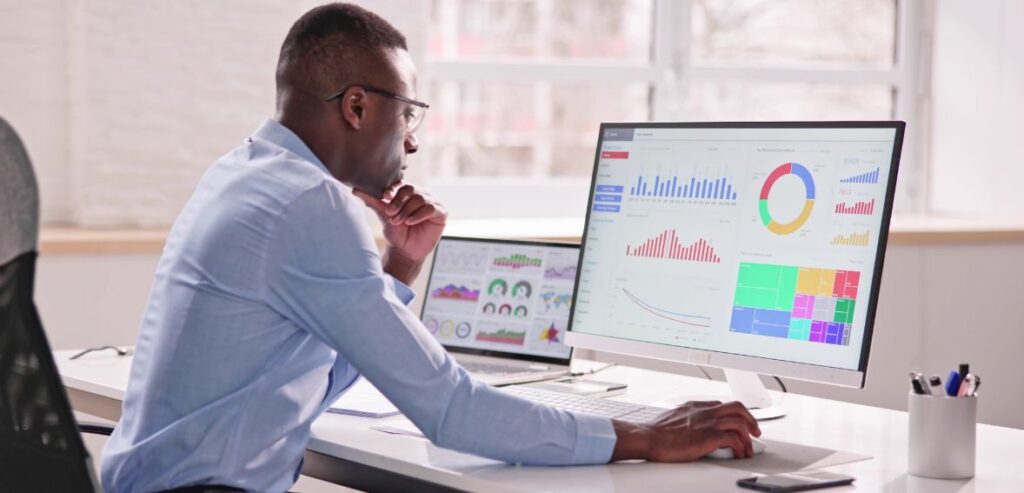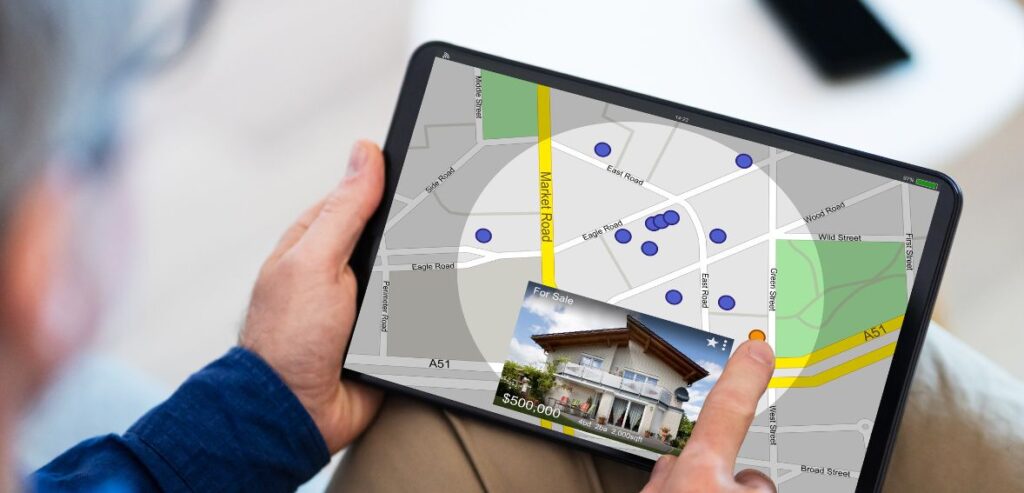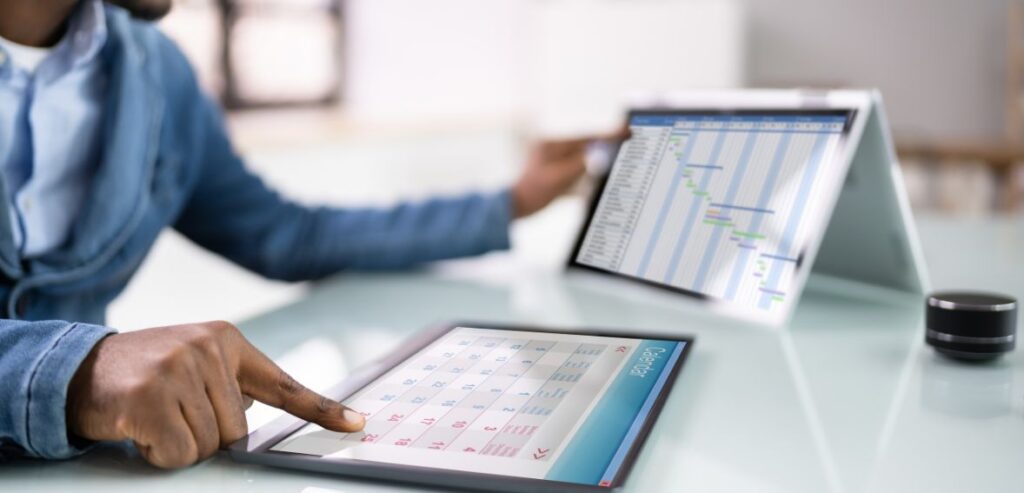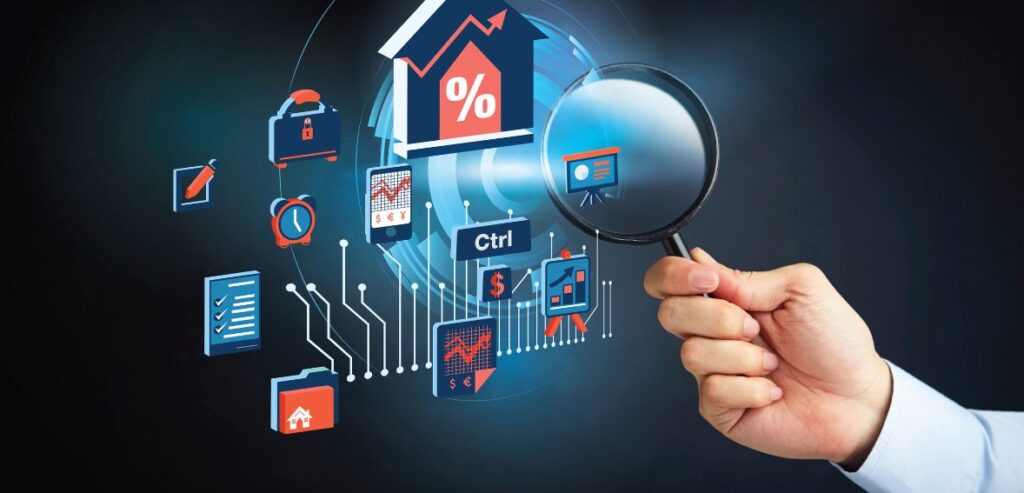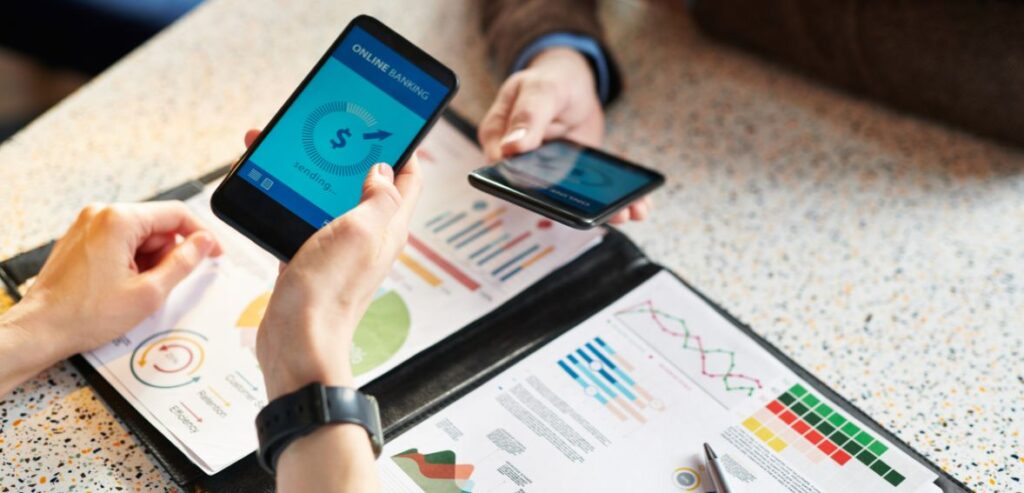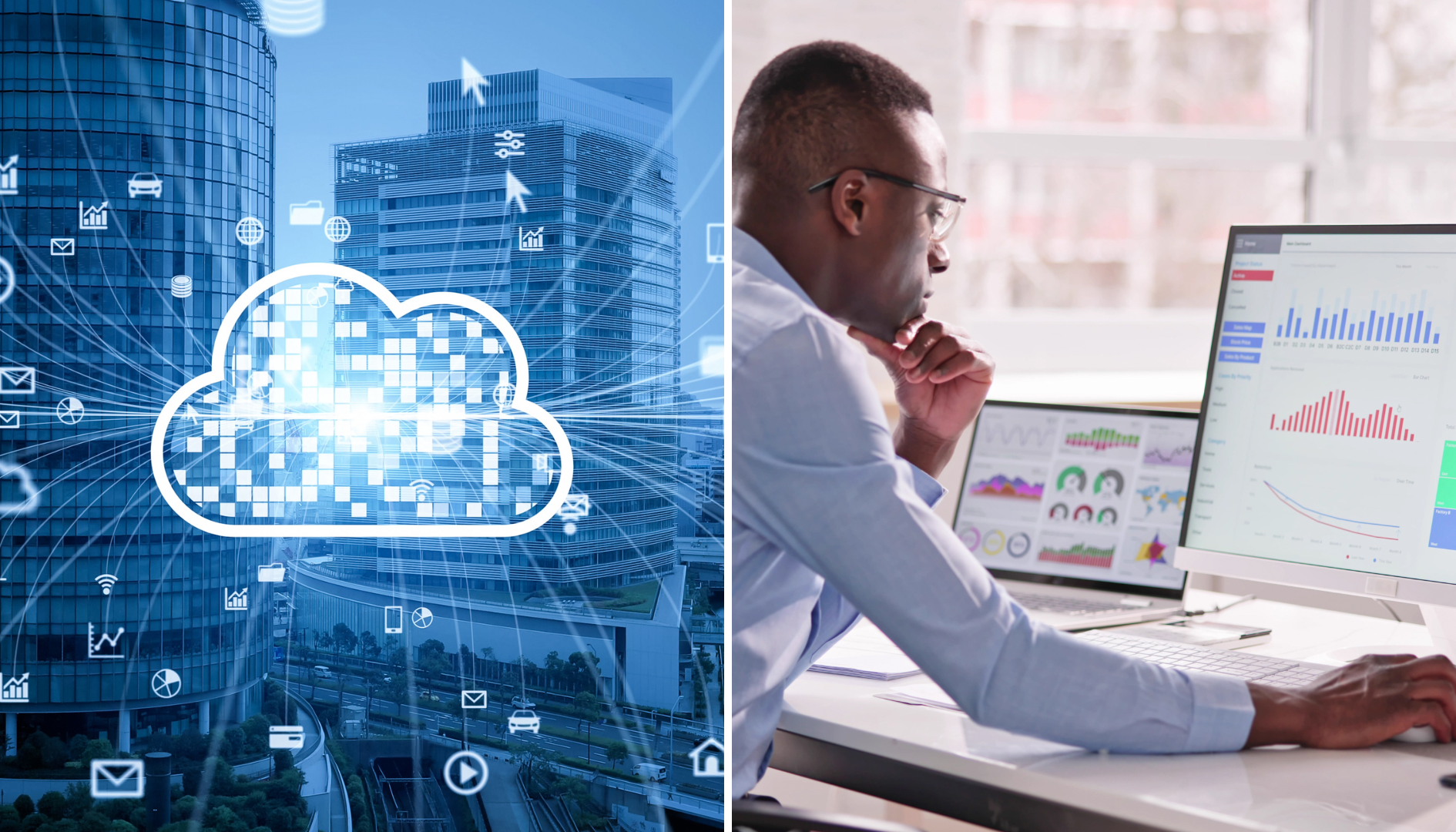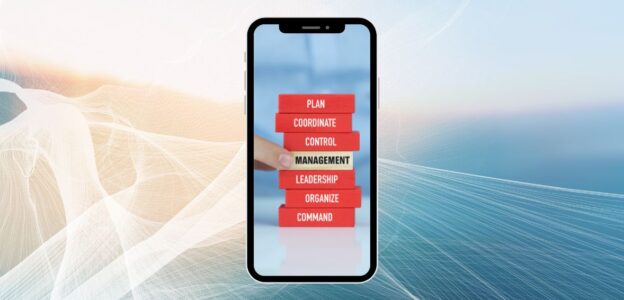In the real estate market, efficiency and effectiveness are crucial. Property management software online emerges as a revolutionary tool that transforms the traditional ways of managing rental properties. This comprehensive system simplifies the complex tasks associated with property management and enhances overall operational efficiency. Through this article, we’ll delve into the nuances of online Property Management Software, exploring its definition, utility, pivotal features, and the myriad advantages it offers to property managers, investors, and tenants alike.
The Challenges of Rental Property Management
Maintaining the physical condition of properties is another critical responsibility. This involves regular inspections and addressing maintenance issues promptly to prevent small problems from escalating into major repairs. The unpredictable nature of emergency maintenance, such as sudden plumbing leaks or electrical failures, requires managers to have a responsive and reliable network of service professionals. This is crucial not only for the preservation of the property but also for tenant satisfaction and retention.
Tenant management adds another layer of complexity. It starts with screening potential tenants—a process that needs to be thorough to ensure reliability and compatibility—and extends to ongoing relationship management. Effective communication is essential here, as it fosters a positive landlord-tenant relationship and helps swiftly resolve any disputes or concerns that arise.
Legal compliance and financial management are foundational to successful property management. Staying updated with ever-changing property laws and regulations is mandatory to avoid legal pitfalls. Financially, property managers must adeptly handle budgets, rental income, and expenses. This often involves using specialized property management software to track financial health and streamline operations.
What is an Online Property Management Software?
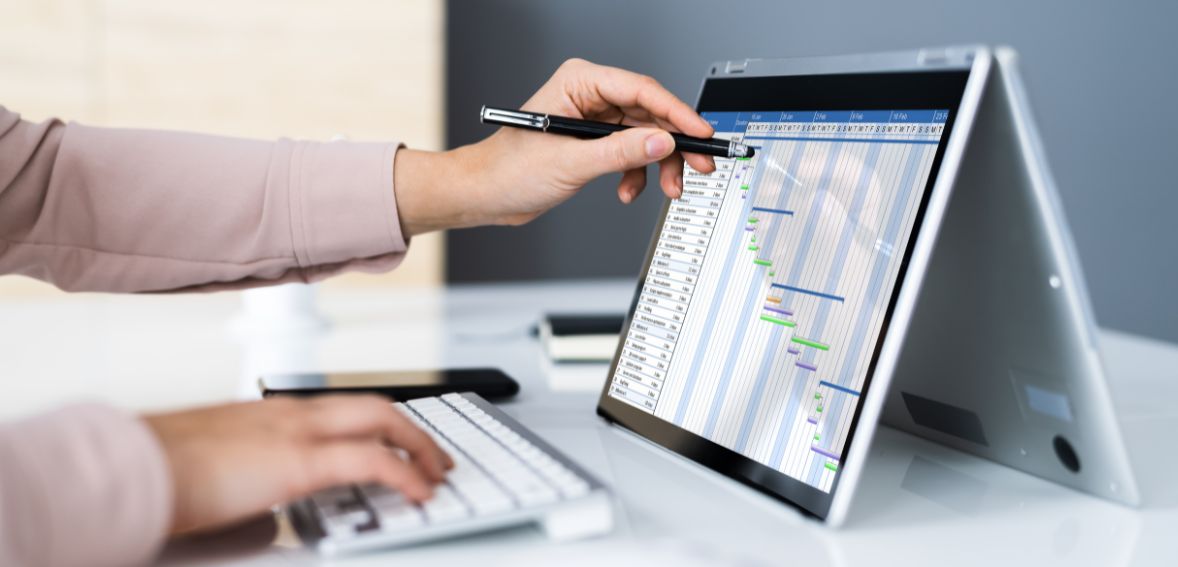
Property management software is a specialised digital platform that serves as an indispensable tool for landlords and property management companies looking to streamline the operations of managing rental properties. This software essentially functions as a comprehensive system that integrates all aspects of property management into a unified interface, simplifying what are traditionally complex and time-consuming tasks.
The capabilities of property management software are extensive. It aids in tenant screening processes by automating background checks and credit reports, ensuring that potential tenants meet specific criteria set by the property manager. Once tenants are onboarded, the software facilitates efficient rent collection through digital payment options, which reduces delays and financial discrepancies. This is particularly beneficial in maintaining steady cash flow and financial stability.
Maintenance management is another critical feature. The software allows for the logging of maintenance requests by tenants, automates the scheduling of repairs, and tracks the status of ongoing maintenance activities. This not only helps in addressing issues promptly but also in maintaining historical records of property upkeep, which is crucial for long-term property management.
Moreover, property management software online provides robust financial reporting tools. These tools generate detailed reports on income, expenses, and profitability, which are vital for financial planning and analysis. The software also ensures compliance with housing regulations and legal standards by keeping track of relevant documents and deadlines.
Use Cases of Property Management Software
Property Management Software Online offers versatile applications across various real estate market segments. Here’s a deeper look into how different stakeholders leverage these tools:
1. Real Estate Investment Firms and Companies
Real estate investment firms and companies benefit immensely from property management software. These platforms are particularly effective for:
- Portfolio Management: They provide tools to oversee extensive portfolios, enabling firms to monitor and manage multiple properties from a single dashboard. This centralization simplifies the assessment of property performance and financials across different locations.
- Asset Enhancement: The software includes features for improving asset value through strategic maintenance and upgrades guided by analytics and performance data.
- Operational Efficiency: Automation of routine tasks like rent collection, lease management, and expense tracking reduces administrative burdens and enhances operational workflows.
2. Tenants
For tenants, property management software simplifies many aspects of the rental experience:
- Rent Payments: Tenants can pay rent online through secure portals, eliminating the need for physical checks or in-person payments.
- Maintenance Requests: The software allows tenants to submit maintenance requests digitally, track progress, and receive updates. This streamlines communication and ensures quicker response times.
- Communication Channels: Enhanced communication features enable direct messaging with landlords or property managers, fostering better relationships and quicker resolution of issues.
3. Commercial and Retail Properties
Commercial and retail property managers use this software to handle complex operations that are typical in business environments:
- Lease Administration: Tools are available for managing lease agreements, including initiation, renewals, and terminations, which are critical in maintaining tenant relationships and occupancy rates.
- Maintenance Coordination: The software helps schedule and track maintenance and repair work, which is crucial for keeping properties in optimal condition to support business activities.
- Financial Reporting: Detailed financial reporting aids in the management of income and expenditures, which are crucial for budgeting and financial planning in commercial settings.
4. Student Housing
Managing student housing presents unique challenges, which are effectively addressed by property management software:
- High Turnover Management: With a high rate of tenant turnover, the software supports efficient management of lease terms, room assignments, and tenant transitions at the end of each academic term.
- Room Assignments and Damage Assessments: Specialised features help streamline the allocation of rooms and handle end-of-term inspections to assess and document damages, facilitating faster resolution and deposit returns.
Each use case demonstrates the adaptability and importance of property management software in enhancing the operational capabilities of different real estate sectors, improving the experiences of both managers and tenants and contributing to the overall efficiency and profitability of property management practices.
Features Property Management Software Offers

Effective property management software offers a comprehensive suite of features that streamline the multitude of tasks involved in managing rental properties. Here’s an elaboration of each feature:
- Accounting: This feature includes tools for meticulously tracking and managing all financial transactions related to property management. It enables the creation and monitoring of budgets and the processing of rent payments. Such tools often integrate with accounting software or have built-in capabilities to ensure accurate financial reporting and facilitate easier tax preparation.
- Marketing: Marketing tools within property management software help in promoting properties effectively. This includes managing property listings across multiple platforms, crafting marketing campaigns, and reaching potential tenants through digital advertising. These tools help increase visibility and attract a larger pool of prospective renters.
- Leasing: This function automates the processing of lease agreements, from drafting and signing to renewals. It typically includes features for tenant screening, managing applications, and ensuring all leasing activities comply with relevant laws and regulations. Automation helps reduce errors and save time during the leasing process.
- Reporting and Analytics: These tools provide data-driven insights into various aspects of property management such as property performance, occupancy rates, and financial health. By analysing this data, property managers can make informed decisions to enhance profitability and operational efficiency.
- Maintenance: Maintenance management features coordinate repair works, track maintenance requests, and manage interactions with vendors. They ensure timely responses to tenant maintenance issues and help in maintaining the property’s value and tenant satisfaction.
- Rent Collection: Automated rent collection systems streamline the process of collecting rent, issuing receipts, and managing overdue payments. These systems can include features for setting up recurring payments, sending reminders to tenants, and generating financial reports related to rent collection.
- Expense Management: This feature involves tracking and analysing all expenses related to property management. It aids in budgeting and financial planning by providing a clear view of where funds are being spent and identifying potential areas for cost savings.
- Reminders and Updates: Notification systems within property management software send alerts for important events such as lease renewals, maintenance schedules, and payment due dates. This helps ensure that critical tasks are not overlooked and that the property is managed proactively.
- Document Management: Secure storage and easy access to critical documents like lease agreements, tenant records, and compliance documents are facilitated by this feature. It ensures that documents are safe, organised, and easily retrievable when needed, which is crucial for legal compliance and efficient management.
- Data Security: Strong security protocols protect sensitive information stored within the software. This includes tenant personal data, financial information, and other confidential data. Ensuring compliance with privacy laws and safeguarding against data breaches are critical aspects of this feature.
These features collectively enhance the efficiency, compliance, and profitability of property management operations, making sophisticated property management software a vital tool for property managers
Advantages of Using Property Management Software

Automation of Routine Tasks : Online property management software automates several routine tasks, including rent collection and maintenance management. This automation reduces the incidence of manual errors and saves time, allowing property managers to focus on more strategic activities. For example, automated rent collection ensures timely payments through scheduled reminders and automatic debits, reducing the need for manual follow-ups.
Streamlined Maintenance Management: This software provides an efficient system for tracking and resolving maintenance issues. It allows tenants to report problems through the platform, automatically notifying maintenance staff and tracking the progress of repairs. This streamlined process not only enhances tenant satisfaction by ensuring quick responses to maintenance requests but also aids in the overall upkeep and value retention of the property.
Remote Access: Property managers can access the software from any location, which offers flexibility and ensures continuous management operations, even when managers are not on-site. This remote access feature is particularly beneficial in scenarios where immediate decisions or actions are required, providing managers the ability to respond swiftly regardless of their physical location.
Scalability and Growth: As property portfolios grow, the need for a scalable management solution becomes crucial. Online property management software can easily be scaled to accommodate increasing numbers of properties or units without a significant addition of resources or decline in performance, thereby supporting business growth without compromising efficiency.
Secure Document Management: The software enhances the security and accessibility of critical documents, such as lease agreements, tenant information, and financial records. With features like encrypted data storage and cloud backups, property managers can ensure that documents are both secure from unauthorized access and readily available when needed.
Improved Data Insights: Through data analytics and reporting tools, Property Management Software Online offers valuable insights that aid in better decision-making and optimization of property performance. Managers can analyze trends, track performance metrics, and generate reports that help in understanding the financial health, operational efficiency, and market positioning of their properties.
Simplified Accounting: This software streamlines financial operations by automating tasks such as invoicing, payment tracking, and financial reporting. The integration of accounting features ensures accuracy in financial documentation and simplifies the complex processes of financial management, making it easier to maintain fiscal control and compliance.
Integration with Third-party Apps: Many online property management systems offer integration capabilities with third-party applications like email marketing tools, payment gateways, and CRM systems. This integration extends the functionality of the property management software, allowing for a more comprehensive management approach that covers various aspects of property management beyond just rental and maintenance.
Enhanced Security Features: Online property management software includes robust security measures to protect against data breaches and ensure compliance with regulatory standards such as GDPR. Features like multi-factor authentication, continuous monitoring, and secure data encryption play a critical role in safeguarding sensitive information.
Marketing and Advertising Tools: The software often features integrated marketing and advertising tools that help streamline the tenant acquisition process. These tools may include capabilities for creating and publishing rental listings, managing applications, and conducting background checks, all within the same platform, thereby enhancing the efficiency of tenant onboarding.
Conclusion
The advent of has markedly influenced the evolution of property management. This technology not only addresses the traditional challenges faced in the industry but also propels property management into a new era of efficiency and effectiveness. By harnessing the power of this software, property managers can optimize their operations, reduce costs, and improve tenant relations, ultimately enhancing the profitability and longevity of their real estate investments.
Frequently Asked Question
The primary benefit is the automation of routine tasks, such as rent collection and maintenance management, which saves time and reduces manual errors, allowing property managers to focus on more strategic activities.
The software streamlines maintenance management by efficiently tracking and resolving issues, which enhances tenant satisfaction through quicker response times and better communication channels.
Yes, it helps ensure legal compliance by maintaining updated records of all necessary documents and transactions and by keeping property managers informed about the latest property laws and regulations.
Yes, it is versatile and can effectively be used for various property types, including residential, commercial, and student housing, adapting to the specific needs and operations of each sector.
